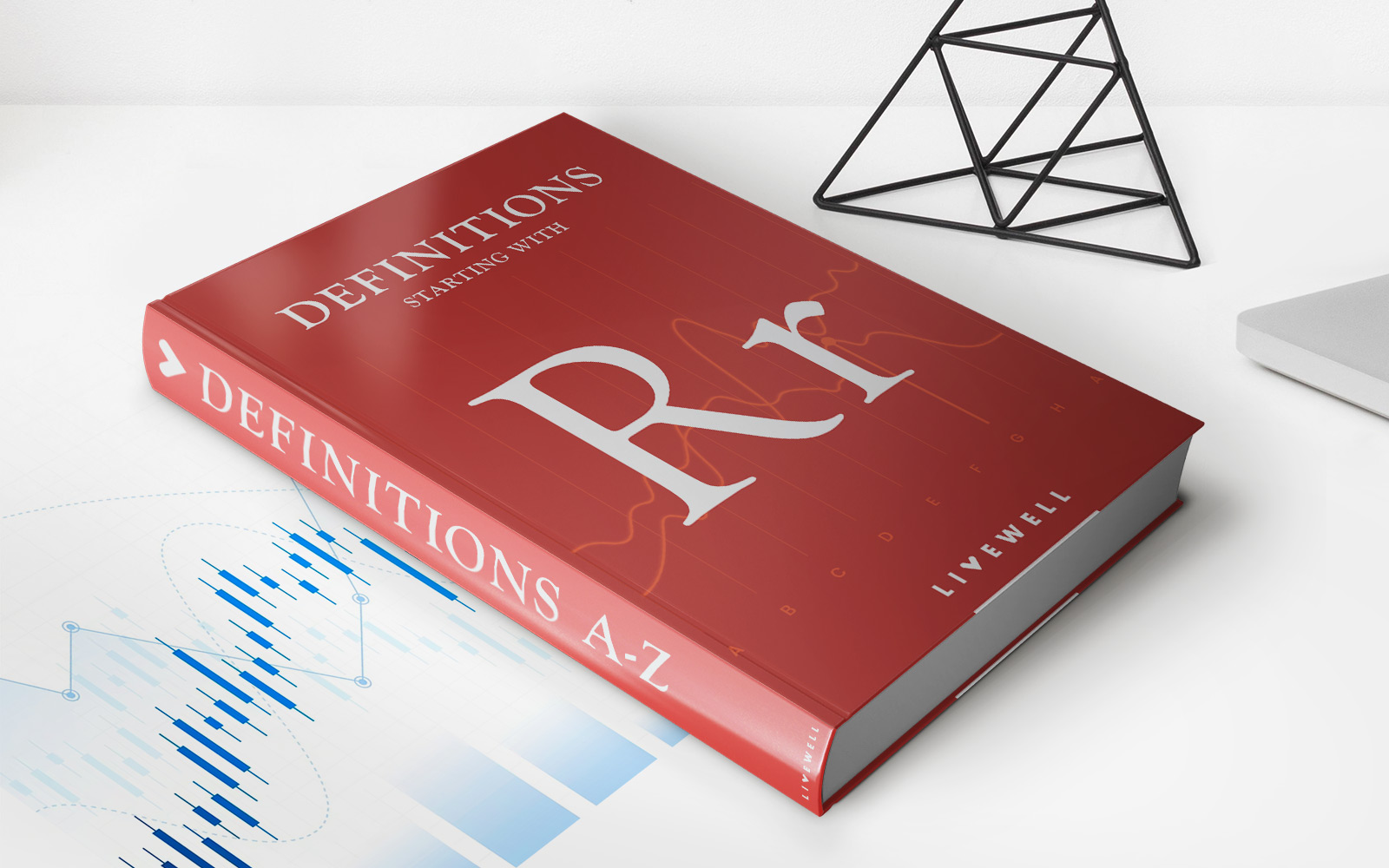

Finance
Disaster Loss Definition
Published: November 12, 2023
Learn the financial consequences of disaster losses with our comprehensive definition. Explore how these events impact finance and risk management.
(Many of the links in this article redirect to a specific reviewed product. Your purchase of these products through affiliate links helps to generate commission for LiveWell, at no extra cost. Learn more)
Understanding Disaster Loss Definition: What You Need to Know
Welcome to our Finance blog! In today’s post, we will explore an important topic related to financial planning and risk management – disaster loss definition. Whether you are an individual, business, or organization, understanding the concept of disaster loss is crucial in protecting your financial well-being. So, let’s dive in and discover all you need to know about disaster loss and how it can impact your finances.
Key Takeaways:
- Disaster loss refers to the financial consequences resulting from a natural or man-made catastrophe.
- Proper evaluation and documentation of disaster losses are essential for obtaining insurance claims or tax deductions.
What is Disaster Loss?
Disaster loss can be defined as the financial impact that occurs as a result of a disaster, which can be a natural calamity like hurricanes, earthquakes, floods, or wildfires, or even an unexpected man-made event such as terrorist attacks or explosions. When such an unfortunate event strikes, it often leads to significant damage to property, infrastructure, equipment, and inventory. Consequently, the financial losses incurred from these damages are referred to as disaster losses.
Now, you might be wondering, how does this affect me or my organization? Let’s explore the implications:
Implications of Disaster Loss on Individuals, Businesses, and Organizations
1. Financial Instability: Disaster losses can result in sudden financial instability, especially for individuals who may face the burden of repair and replacement costs without insurance coverage. Businesses and organizations, on the other hand, may experience disruptions in operations, leading to loss of revenue and additional expenses towards rebuilding or relocating.
2. Insurance Claims and Tax Deductions: Proper evaluation and documentation of disaster losses are essential for individuals, businesses, and organizations to claim insurance coverage or tax deductions. Understanding the intricacies of what expenses are eligible for compensation or deductions is crucial for maximizing financial recovery.
To make the most of disaster losses, it is crucial to familiarize yourself with the evaluation and documentation processes involved.
Evaluating and Documenting Disaster Losses
When disaster strikes, it’s essential to follow a systematic approach to evaluate and document losses. Here are some steps to consider:
- Assess the extent of damage: Conduct a thorough assessment of the damage caused by the disaster. Document the condition of your property, assets, and any affected inventory.
- Record all related expenses: Keep track of all costs associated with repairing, replacing, or restoring your property. This includes labor fees, material expenses, and any temporary relocation costs.
- Seek professional help: Engage with insurance experts or tax professionals who can guide you through the claim process. They can help you understand the specific requirements and documentation needed to ensure your claim is valid.
- Submit your claims: Submit accurate and detailed claims to your insurance company or relevant authorities. Provide supporting documents, photographs, and any other evidence necessary to substantiate your losses.
Conclusion
Disaster losses can have a significant impact on individuals, businesses, and organizations alike. The key to navigating through these difficult times lies in understanding the concept of disaster loss and effectively evaluating and documenting the financial impact. By doing so, you can ensure that you are properly compensated through insurance claims or eligible for tax deductions. Remember, seeking professional assistance and guidance is always beneficial when dealing with disaster-related financial matters. Stay prepared and protect your financial well-being!














